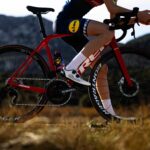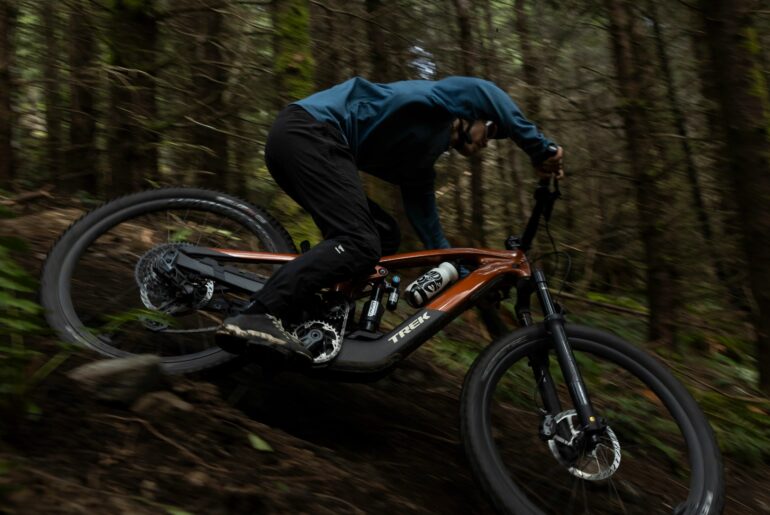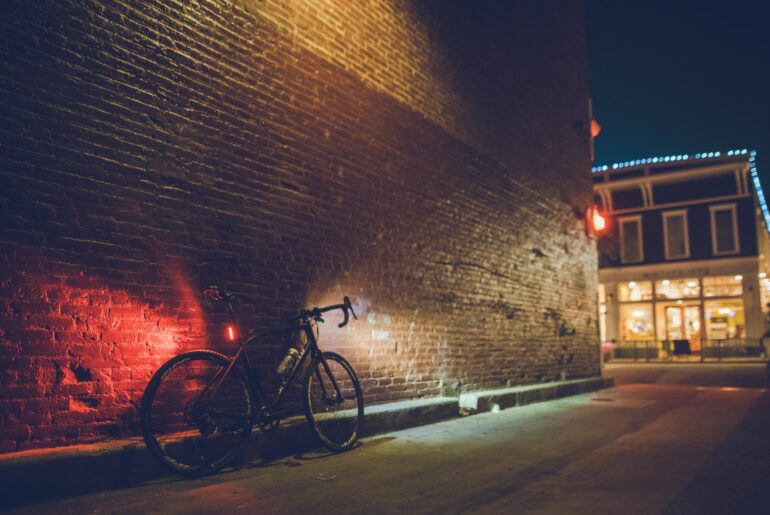If you’re taking part in a cycling challenge such as Ride London or a London to Brighton charity ride then fuelling yourself properly is going to be key to success.
Nailing down your nutrition strategy will allow you to maintain your energy levels and get to the finish line with a smile on your face!
Keep reading for some handy cycling nutrition tips to help you prepare.

Cycling Nutrition Tip #1: Eat Little and Often
Throughout your ride you’ll want to eat little and often to keep your energy levels topped up. Try to avoid letting yourself get hungry, but also avoid stuffing yourself full of food as this can lead to problems with digestion. An upset stomach is sure to slow you down!
“But what should I eat on a long ride?” we hear you ask. During any long ride you should consume carbohydrate rich foods, as carbohydrates are your bodies main source of energy! Which leads us onto our next tip.
Cycling Nutrition Tip #2: Aim to Eat 1g of Carbohydrates per KG of bodyweight per hour
As we mentioned above, Carbohydrates are our bodies primary source of energy and are burned through exercise so need topping up throughout your ride. Aiming for 1g of carbohydrates per KG of bodyweight per hour of your ride is ideal – this means if you’re a 60kg rider you would be eating 60g of carbohydrates every hour. If you’re a 90kg rider you’d be aiming for 90g.

When carbohydrates are digested, they are broken down into glucose, which is a simple sugar that provides us with energy. When you’re in the middle of a big ride, you ideally want to consume simple carbohydrates that will break down quickly and provide you with the boost you need.
Some examples of simple, easy to carry carbohydrate sources:
- Energy gels
- Energy bars
- Energy drinks
- Dried fruit
- Banana
- Sweets
- Soreen
Energy gels are quick and easy to carry, but most riders prefer to use a mixture of gels and solid food as it’s a little easier on the stomach.
It is not advisable to consume complex carbohydrates (e.g pasta etc) mid-ride as they take longer to digest and could cause some gastrointestinal issues which will limit your performance (and make you feel rubbish)!
Complex carbohydrates are however key to your overall health and performance, which leads on to our next tip.
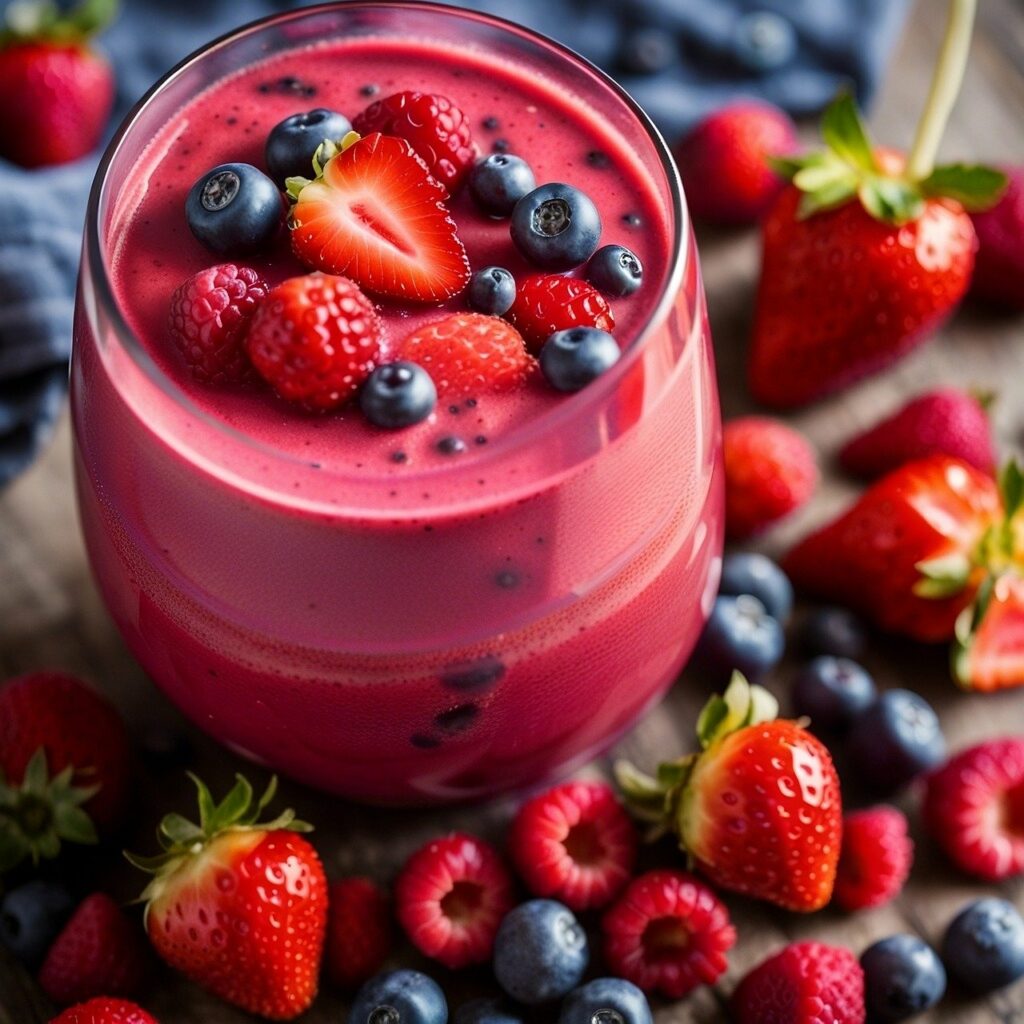
Cycling Nutrition Tip #3: Make sure to fuel up before a long ride as well as during
What you eat before a big ride is just as important as what you eat during. Of course it goes without saying that you should be consuming a healthy balanced diet at all times, but let’s talk specifically about the day prior, and morning of your event.
The day before the event, look to load up on plenty of complex carbohydrates and protein (protein is essential for creating and repairing muscle). We’re talking pasta, brown rice etc and a protein source (meat/fish or alternatives such as eggs, beans, tofu etc if vegetarian/vegan). Some healthy fats like avocados or nuts can be added in here too. All of the above are slow-digesting foods, meaning you’ll have plenty of glucose (energy) stored for your ride the following day.
Unless you have significant time in the morning before your ride sets off, we’d recommend sticking to simple carbohydrates for breakfast – think something along the lines of fruit, yoghurt & honey.
Cycling Nutrition Tip #4: Stay Hydrated with water AND electrolytes
We’ve talked about food, the other piece of the puzzle is hydration. Water makes up over 50% of who we are so it’s important to keep things in balance. When we exercise, we sweat which means we’re losing water from our body at a higher rate than normal.
Losing even small amounts of water from our body can have a negative impact on our athletic performance.

A 1% decrease in body water can reduce aerobic performance, and a 3% drop will see reduced muscular endurance. Beyond that the consequences get even more severe. At 5% you’re likely to see heat exhaustion, cramping, fatigue and reduced mental capacity – not very conducive to a good day on the bike!
We don’t usually notice that we’re thirsty until we’re 1-2% dehydrated, which means to keep performing optimally you need to remember to drink little and often. Even if you don’t feel thirsty at the time.
What are electrolytes?
Electrolytes are the other key component of hydration. Electrolytes are minerals/salts that you use to absorb and move water around your body to where is needed and are essential to many bodily functions, as well as athletic performance. They help maintain fluid balance, as well as ensuring your muscles and nerves work as they should.
When we sweat, electrolytes are lost along with water and if not topped up can lead to all sorts of issues such as dehydration, fatigue and muscle cramps. At the extreme end a loss/imbalance of electrolytes can have severe consequences. If you’re riding/training in the heat the speed off loss is accelerated and topping up your electrolytes becomes even more important.
For any ride over an hour in length we’d recommend adding an electrolyte drink to your nutrition strategy. Some gels and energy drinks will have electrolytes included. Alternatively you can purchase electrolyte supplements in powder of tablet form and they can be dissolved in water. This will help you in a number of ways:
- Improved hydration, which as we discussed above is key for a successful ride
- Reduced risk of muscle cramps
- Improved endurance/delayed fatigue
There’s nothing more soul destroying than getting half way through a long ride and cramps/fatigue setting in!
Some sports drinks include a mixture of electrolytes and carbohydrates which can be helpful for also keeping your energy levels topped up.

Cycling Nutrition Tip #5: Stick to foods you know
The day before/day of your ride or event try to stick with foods you know won’t cause you any digestive upsets along the way. If you’ve never used gels before for example, incorporate them into your training to see how your body reacts first. And don’t be tempted to load up on excessive amounts of coffee on the morning of your event – too much caffeine is another one that may cause some last-minute toilet trips!
Cycling Nutrition Tip #6: Give your body what it needs to recover post event
As tempting as it is to reach for the biggest slice of cake you can find, or head straight to the bar for a well-earned beverage the best thing you can do for your recovery after a long ride is replenish your energy stores with a balanced meal.
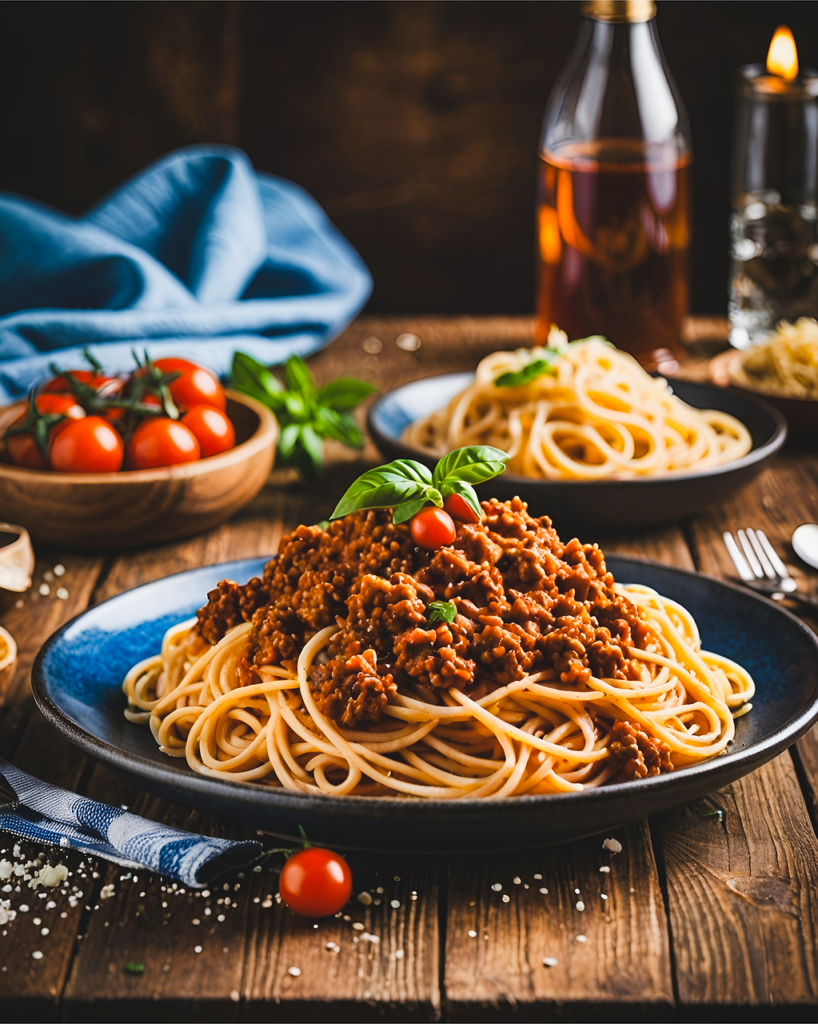
Include some complex carbohydrates (pasta is a delight after a big ride), some protein (essential for recovery/muscle repair) and some veggies to top yourself back up. Don’t be tempted to gorge yourself however, if you eat and drink too much too quickly your digestive system may reject it.
If you’re riding again the next day, we’d recommend avoiding alcohol full stop.
We hope the above tips have been useful, and we wish you the best of luck with whatever challenge you decide to take on. You can find a wide range of nutrition products in-store or online by clicking the button below.



